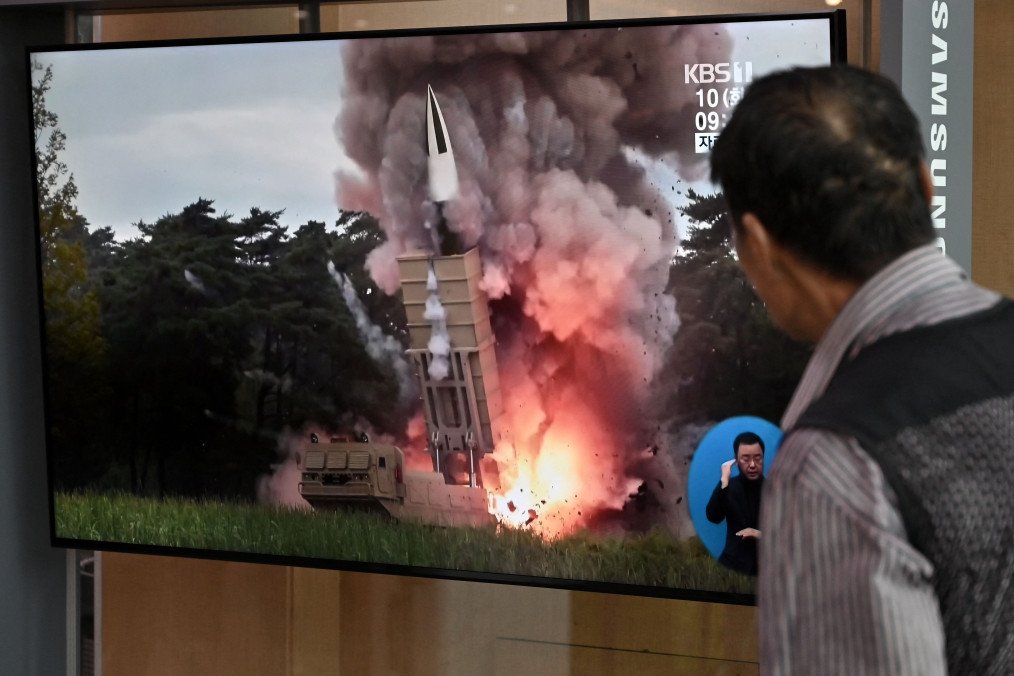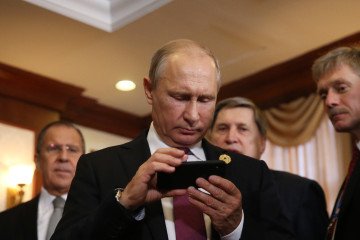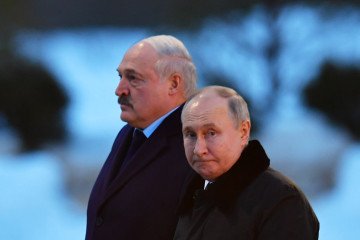- Category
- Latest news
North Korea Is Using Mexico, South Africa, and China to Acquire Banned Nuclear Equipment

North Korea has bypassed UN sanctions to acquire equipment critical for its military industry, using intermediary companies in Mexico, South Africa, and China.
A report by the Institute for Science and International Security (ISIS) published on January 15 reveals that vacuum furnaces, capable of melting uranium for nuclear weapons production, were shipped from Spain in 2022. The furnaces were initially sent to Mexico with the correct Harmonized System codes but were reclassified as “equipment” when forwarded to South Africa.
The identities of the supplier in Spain and the recipient in Mexico remain unidentified. In South Africa, the HS code was further altered to “metal scrap,” allowing the shipment to bypass customs duties. The furnaces were then exported to China and ultimately delivered to North Korea.
HS codes are a cornerstone of international trade, designed to track goods and flag dual-use items that require strict licensing and oversight. Yet, their falsification remains a persistent challenge.
A notable case from 2022 illustrates how North Korea managed to exploit this loophole, orchestrating the shipment of a dual-use vacuum furnace intended for uranium processing. This furnace, vital for nuclear weapons production, traveled from Spain to North Korea via Mexico, South Africa, and China, in a complex chain of deception.
ISIS further detailed that the equipment, controlled under the Nuclear Supplier Group (NSG) Part 2 list and banned for export to North Korea under United Nations Security Council resolutions, originated in Spain. The initial shipment to Mexico included accurate HS codes and descriptions. However, during its transfer to South Africa, the documentation was manipulated to reclassify the furnace as “machinery.”
Upon arrival in South Africa, the HS code was altered again, this time to “metal scrap,” exempting the shipment from customs duties. From there, the furnace was exported to China before reaching North Korea.
In the ISIS report, it appeared that NSG members with established export controls, Mexico and South Africa became weak links in the enforcement chain. North Korea exploited gaps in their systems, using a coordinated strategy to disguise the true nature of the shipment.
While some countries have advanced tools to track trade data and detect anomalies, it is unclear if Mexico or South Africa possess similar capabilities. Intelligence tips are crucial in identifying such schemes, but in this instance, the operation was only uncovered after the shipments had already been completed.
ISIS highlights the critical role of end-user verification in preventing illicit shipments. If Spain had conducted thorough checks on the intended recipient and use of the vacuum furnace, this scheme might have been exposed and halted. United Nations Security Council resolutions, such as 1718 (2006), explicitly ban member states from directly or indirectly supplying restricted goods to North Korea.
However, the success of these bans depends on international collaboration and diligent enforcement. Comprehensive measures, including end-user checks and coordinated international efforts, are essential to combat the trafficking of restricted items effectively.
As North Korea acquires combat experience and access to advanced military technologies, it continues to develop new weapons, increasing security concerns for neighboring countries such as Japan and South Korea.
-554f0711f15a880af68b2550a739eee4.jpg)






